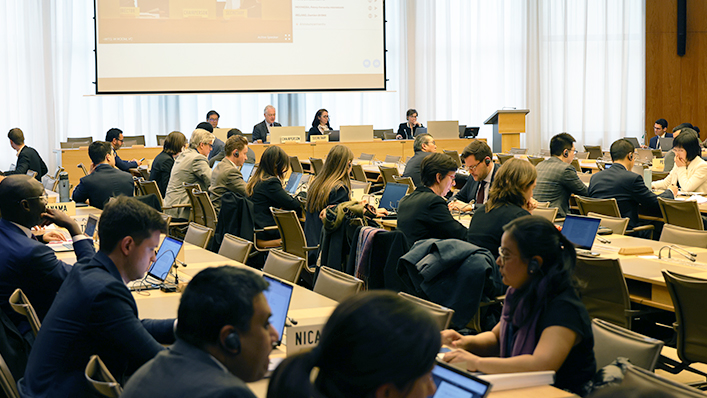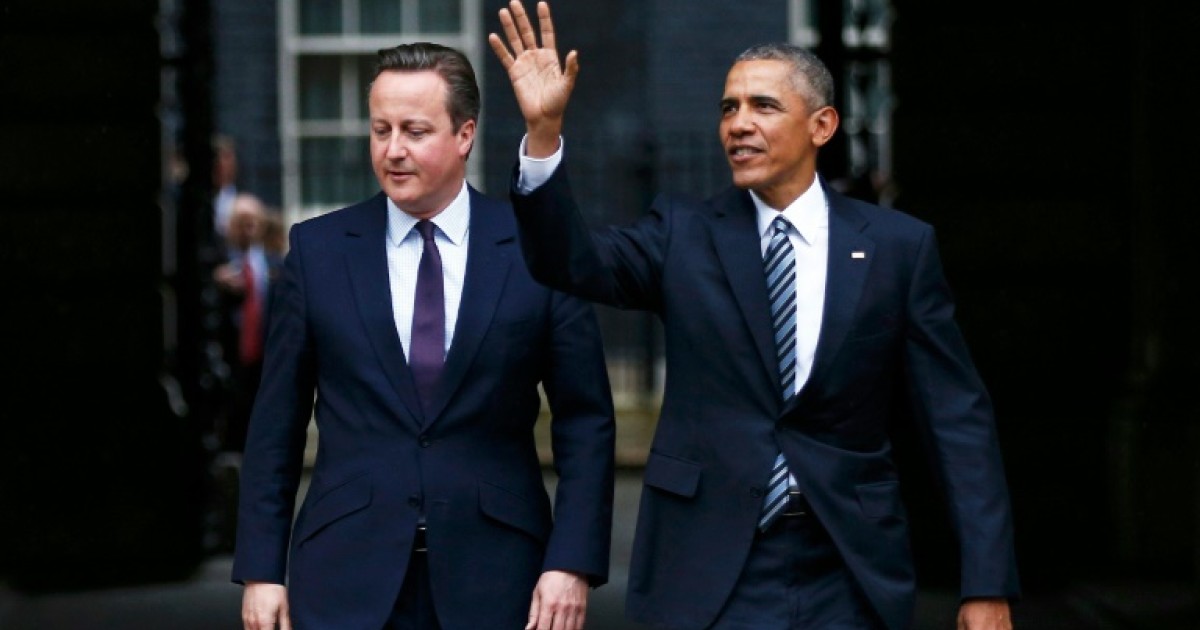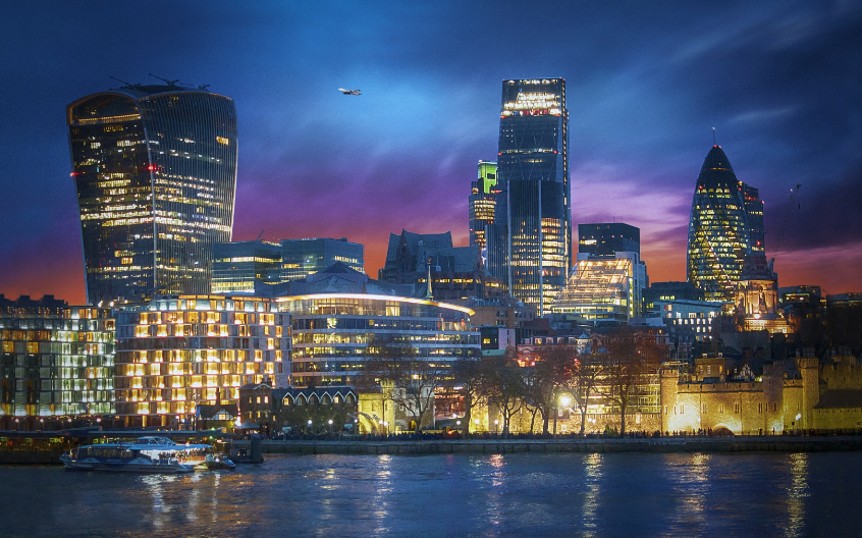Violent fighting in Libya between Monday and Tuesday pitted two influential armed groups, leaving at least 27 dead and 106 wounded in the suburbs of Tripoli, according to an interim report by the Emergency Medical Center.
According to this center that manages relief in the West, 234 families and dozens of foreign doctors and nurses could be extracted from areas south of Tripoli, where the “444 Brigade” and the “Al-Radaa Force” clashed.
Three field hospitals and some sixty ambulances were mobilized to rescue the wounded and evacuate civilians.
Fighting with heavy and automatic weapons began after Colonel Mahmoud Hamza, commander of the 444 Brigade, was arrested by al-Radaa Force on Monday. No explanation was provided for his arrest.
On Tuesday night, the “social council”, made up of notables and influential personalities from Soug el-Joumaa, the al-Radaa Force stronghold southeast of Tripoli, announced an agreement with Tripoli-sitting head of government Abdelhamid Dbeibah, to transfer Colonel Hamza to a “neutral party”.
In a statement read on television, the council indicated that a ceasefire would follow, which allowed a return to calm during the night from Tuesday to Wednesday.
According to local media, Mr. Hamza was at the headquarters of the “Stability Support Authority” (SSA), another influential armed group in Tripoli.
Commercial flights, temporarily diverted to Misrata, 200 km further east, resumed on Wednesday morning, the press service at Mitiga airport, Tripoli’s only civilian airport, reported.
Despite the return to normal activities in the capital, the tension remained palpable.
The two groups clashed from Monday night to Tuesday night in the southeastern suburbs, with indiscriminate gunfire hitting inhabited areas.
The 444 Brigade and al-Radaa Force are among the most powerful groups in Tripoli, home to one of Libya’s two competing governments.
The country has been plunged into security chaos since the fall of Muammar Gaddafi’s regime in 2011, fueled by a proliferation of factions with shifting allegiances.
– ‘The magnitude of the damage’ –
Accompanied by his Interior Minister Imed Trabelsi, Prime Minister Dbeibah moved overnight to Ain Zara, one of the hardest hit areas, in the southern suburbs of Tripoli.
Walking through the dark streets of this district, Mr. Dbeibah gave instructions to “clean up the rubble” and identify the “material damage to compensate the citizens”, according to the government press center.
For its part, the Ministry of the Interior has launched a security device to supervise the ceasefire by deploying forces in tense sectors.
But for Libya specialist Jalel Harchaoui, “whatever the sequence of events, the last three years have been lost” for diplomats and decision makers.
According to him, “Tripoli is a territory even more dominated by militias than before” and although “Dbeibah remains in power, the facts show that he does not control” the situation.
Libya is governed by two rival governments: the one of Mr. Dbeibah installed in Tripoli (west) recognized by the UN, the other in the east, supported by the powerful marshal Khalifa Haftar.
On Tuesday, the UN mission in Libya, as well as the American, British, French, Italian and European embassies, called for an “immediate de-escalation” and “to preserve the gains made in recent years on the security front.”
“After the violent clashes in Tripoli, we see the usual platitudes and laments. Nothing will change until there are consequences” for those responsible, lamented Hanan Saleh, a researcher at the NGO Human Rights Watch.
The 444 Brigade, based in the south of Tripoli, reports to the Defense Ministry and is considered the most disciplined of the Western armed groups.
The al-Radaa Force is a powerful militia that watches over Tripoli. Claiming to be independent of the government, it controls central and eastern Tripoli, as well as the Mitiga airport and a prison.
By late May, clashes between the two groups, including on busy streets in the city center, had caused minor injuries. In July and August 2022, clashes between al-Radaa and other groups caused around 50 deaths in Tripoli.
published on August 16 at 1:43 p.m., AFP

“Professional food trailblazer. Devoted communicator. Friendly writer. Avid problem solver. Tv aficionado. Lifelong social media fanatic.”







